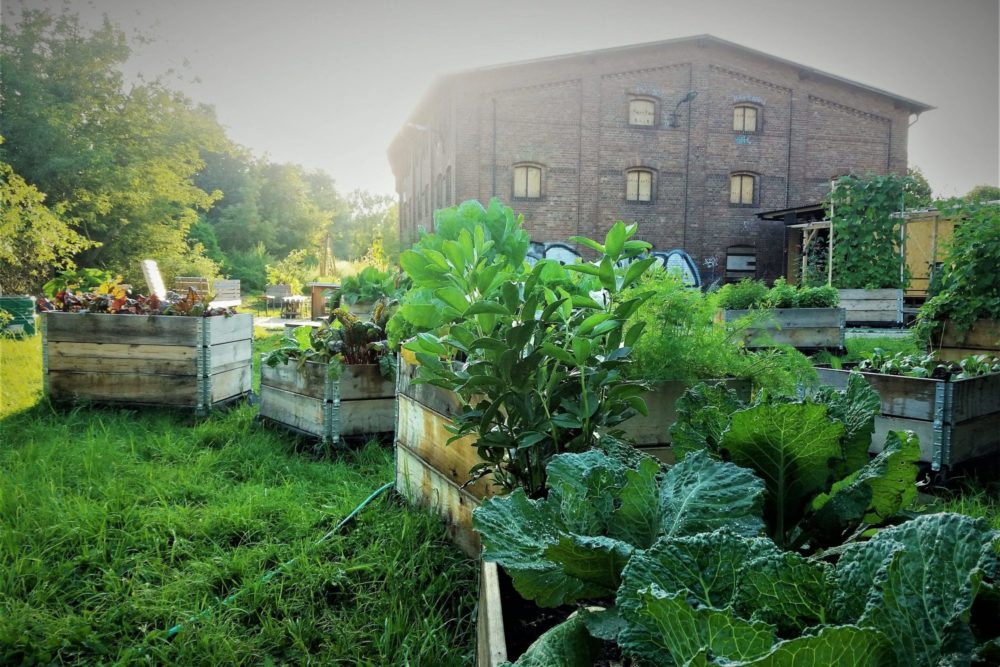To support the dialogue between science and society, as well as researchers across different disciplines, IRI THESys holds both external and internal events. This includes lecture series, summer universities and panel discussions open to the public, and participative workshops, colloquiums and activities for IRI THESys. Browse through our past and upcoming events to find out more.
Upcoming Events
-
Sep202021Oct12021
Summer School 2021: Edible City Solutions
One step further towards resilient and sustainably productive Cities
Edible City Solutions (ECS) respond to critical urban challenges of our time by catalyzing resources, people and places to create more resilient urban food futures. The majority of humans now live in cities and are thus exposed to urban environmental conditions that often compromise human health and wellbeing, while also threatening natural resources. Ongoing urbanization regularly diminishes green space per capita and intensifies the need to counteract environmental injustice, rising crime rates and the exclusion of vulnerable groups from participating in urban socio-economic systems and their wealth. In addition, rising costs for maintaining urban infrastructure and for mitigating climate change call for sustainable and innovative solutions to holistically strengthen urban resilience. Therefore, urban green infrastructure is being re-thought as a way of linking recreation areas and traditional nature-based solutions. These nature-based solutions (NBS) are defined as ‘solutions that are inspired and supported by nature, which are cost-effective, simultaneously provide environmental, social and economic benefits and help build resilience’.

The Edible Cities Network (EdiCitNet) Project is going a step further by deepening the social dimension of the above definition:
Over the last decade, efforts to implement traditional NBS, such as recreational parks, vegetation lining urban roads, small and medium-scale green space on and surrounding residential buildings, have been intensified and up-scaled. However, these NBS have not been able to significantly increase social cohesion as they mostly encourage citizens to ‘stay and use’ but not to become actively involved on-site. In contrast, initiatives based on edible urban green space directly and lastingly involve citizens in social processes, ranging from co-design to co-implementation and long-term co-management of evolving edible green spaces. The vision of productive urban landscapes as a focal point of the social fabric of our cities promises a strategic step towards the development of sustainable, livable and healthy cities.Highlights of the summer school include:
- Inspiring talks on sustainable architecture and urban design, innovative water and resource management and using ECS to tackle social challenges
- Virtual on-site tours demonstrating best practices and insights into real-life Edible City Solutions
- Engaging "hands-on" interactive tasks with stakeholders and the international ECS network
- Project work and practical tasks within interdisciplinary working groups
- Regular input and feedback from ECS experts from diverse backgrounds
- A flexible, digital learning environment that can be adapted to your own individual schedule and fitted around other work or study commitments
- An official certificate upon completion of the programmeApplications are invited from a range of different interested parties: including international city administrators, small and medium-sized enterprises, non-governmental organisations and of course doctoral researchers. The summer school is free of charge. Spaces are limited, therefore admission is based on application.
Required documents for application are:
- Application form
- Letter of Motivation
- Curriculum Vitae
Please send your application documents by email to Deadline is July 16, 2021.


